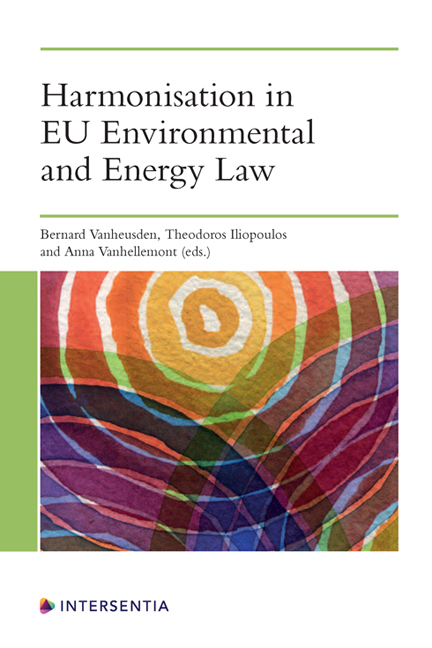Harmonisation Trends of Environmental Liability Law through the Tools of Civil Law: The Examples of Duty of Care and the Right to Personality
Published online by Cambridge University Press: 26 May 2022
Summary
INTRODUCTION
Since the time of Emperor Justinian (482 – 565 A.D.), the lack of harmonisation in civil law has been resolved by a single process: codification. All the major codifications of the 19th and 20th centuries worked towards tidying up inhomogeneous civil law by systematising its primary material within a code. It is not within the scopes of this chapter to elaborate on how these codes were drafted. However, it should be emphasised that the majority of them are based on general clauses. In these clauses, general rules and principles of civil law are codified in abstract and general terms, in such a way that they do not lend directly to their application, but require creative interpretation and subsumption by the judge in each specific case according to its circumstances (see for example the principle of good faith, abuse of rights, public morals, etc.). The research question that this chapter tries to answer is: are the tools of civil law sufficient and, in particular, are the general clauses of each national civil code effective enough in harmonising environmental law regarding civil liability for damage to environmental goods?
All countries’ civil codes have been deliberately designed to display a great deal of breadth and generality in their clauses. This serves to cover as many cases as possible, and allows for their constant adaptability to new legal phenomena, which in turn provides the necessary durability of the law. Therefore, the civil code has been formulated in such a dynamic way that it can be applied in every possible case, even in fields of law that had not emerged when these codes were drafted (environmental and energy law, personal data, electronic transactions, etc.). It should be noted that when most of the civil codes entered into force, in the 19th and early 20th centuries, there was no specific environmental legislation. Despite that, their rules are naturally capable of responding to instances of environmental damage, even if the legislators did not have that in mind. Indeed, before environmental law was elevated to an autonomous field, many states applied civil law provisions to environmental disputes, while others still apply them in parallel with specific legislation.
- Type
- Chapter
- Information
- Harmonisation in EU Environmental and Energy Law , pp. 187 - 204Publisher: IntersentiaPrint publication year: 2022

